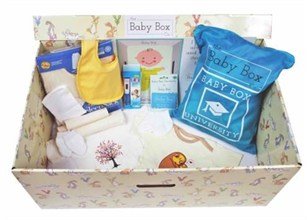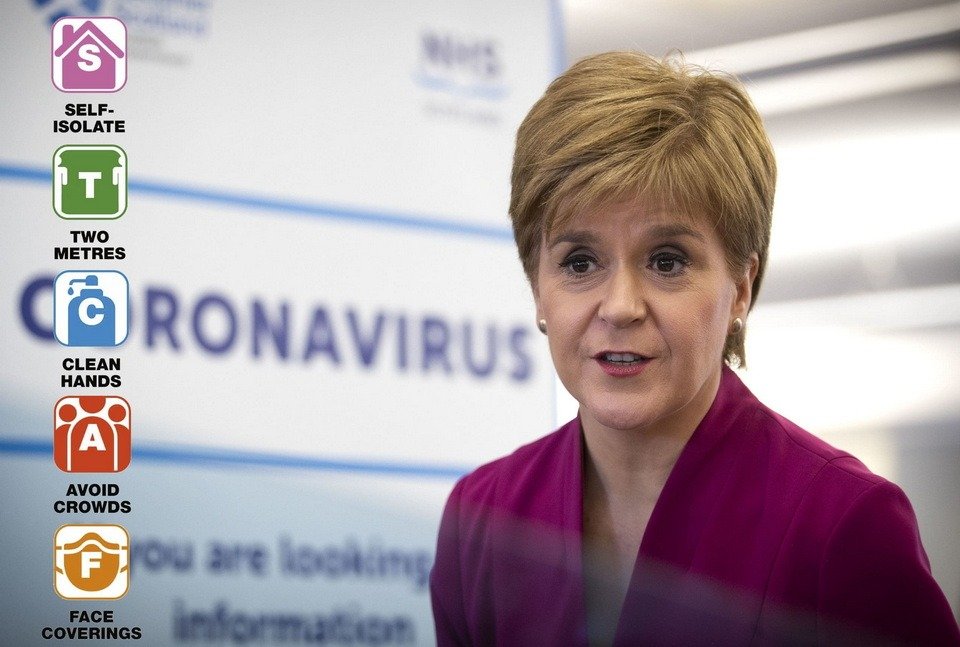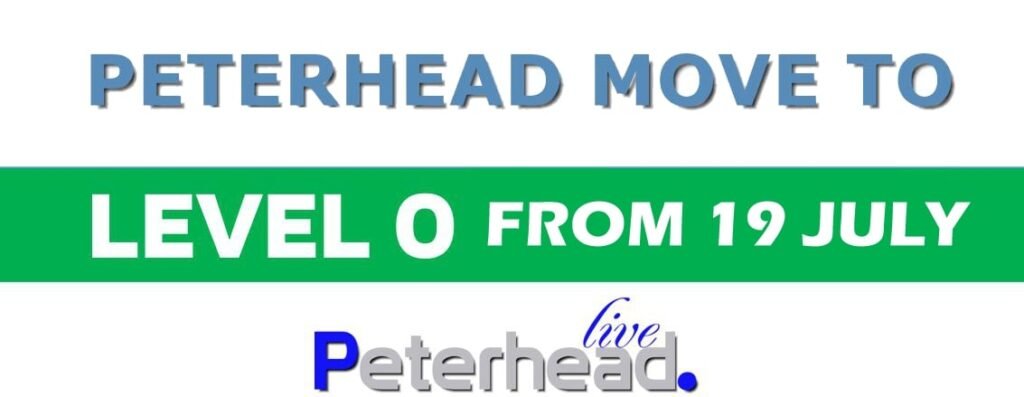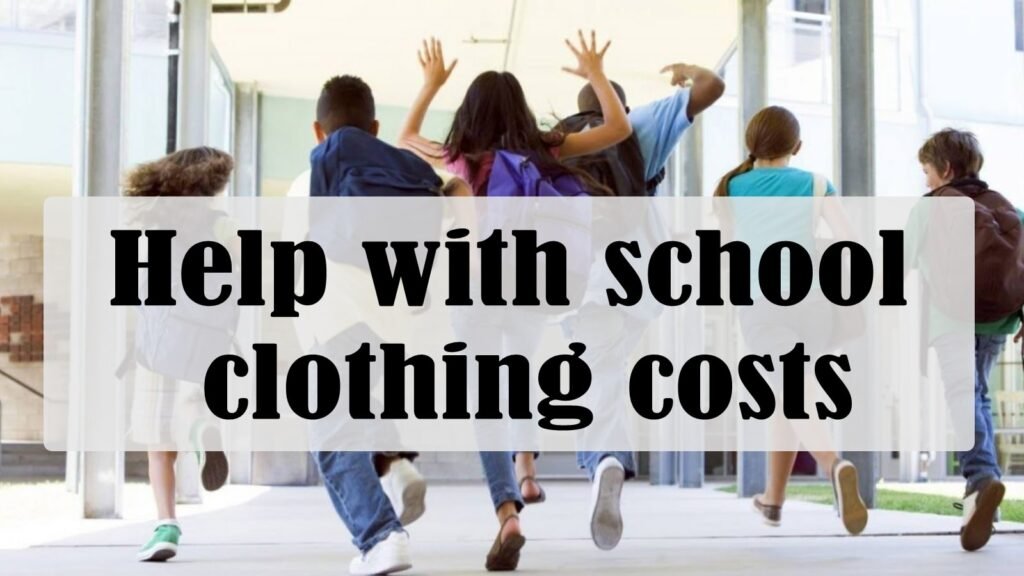New smoke and heat alarm regulations
New smoke and heat alarm regulations.
New smoke and heat alarm regulations
Scottish Government
New smoke and heat alarm regulations
New smoke and heat alarm regulations
Scottish pupils with a laptop or tablet
Parents have overwhelmingly backed Scotland Baby Box.
In an independent evaluation, 97% of parents rated the box and its contents as good.
Around 186,000 Baby Boxes will have been delivered to families by its fourth anniversary on Sunday (15 August). Uptake among expectant parents hit a record high of 98% in 2020.
In the evaluation, parents highlighted benefits of the Scotland Baby Box, including saving them money on essential items for newborns and helping with information on child health and development.
In the evaluation:
Children’s Minister Clare Haughey said:
“The Baby Box is part of our commitment to making sure that every child, no matter what their circumstances, has the best start in life. I am delighted that so many parents continue to value the box, and that they and their babies are benefitting from it and its contents.
“It is encouraging to see that the positive impacts of the Baby Box are felt right across all families, but particularly among first-time parents, younger parents and families on lower incomes.
“This evaluation really highlights the positive impact it is having on parents and their newborns – a fitting tribute on its fourth birthday.”
Jackie Tolland, from Parent Network Scotland, said:
“As a parenting organisation, we were delighted to be part of the launch of the Baby Box in 2017. Since then, we have heard many stories about how helpful and very much-needed the Baby Box has been to families. We continue to promote the Baby Box and thank the Scottish Government for keeping parents in mind at the start of their parenting journey. We appreciate all the support.”
A Scotland Baby Box is offered to all newborns in Scotland.
Scotland Baby Box provides families with a range of essential items for their first six months, delivered in a sturdy cardboard box, which can be used as a safe sleeping space during the early months of a baby’s life. The contents of the baby box are designed to inform and support positive parenting behaviours.

Further information
Baby Box University – This is an online education platform which hosts video clips on parent and baby health and wellbeing for new and expectant parents ( Baby Box University website www.babyboxuniversity.com )
Follow Peterhead.Live on Facebook for get more actual information
Stay safe and help prevent the spread of COVID-19
Scotland COVID restrictions move out
Best Start Foods – Boost family incomes
Free bus travel in Scotland
It will be possible to apply to exempt those who work in critical roles where staff shortages are in danger of putting essential services, such as health and social care, transport and the provision of food supplies at risk.
Exemption will only be granted in respect of members of staff who voluntarily agree not to self isolate, and the employers’ duty of care to all their employees must be respected.
Strict conditions will apply – staff must be double-vaccinated and in receipt of their second dose at least two weeks previously. They will also require to have a negative PCR test and to agree to undertake daily lateral flow tests.
Applications may be made via the Scottish Government website.
Exemptions will be made on a temporary basis and last only for as long as there is an immediate risk to business or service continuity.

First Minister Nicola Sturgeon said:
“It is essential that lifeline services and critical national infrastructure are maintained and we are implementing these changes now – ahead of possible changes to self-isolation rules for close contacts that may apply more generally in future – to ensure staff shortages do not put key services at risk.
“We have seen significant staff shortages in a small number of organisations in recent days and we have worked with them to protect services. Applications for exemptions are being considered from today and we will consider applications as they come in.
“Clinical evidence tells us we can safely and effectively release some critical staff from self-isolation, with appropriate safeguards. However, this is a very limited change at this stage, to be applied on a case by case basis and only where absolutely necessary.
“We will not allow key services to be threatened by staff shortages but equally we must continue to protect public health.”
More information
Information and support for people who are asked to self-isolate because of COVID-19.
The First Minister set out to parliament on 13 July that changes to self-isolation policy may take effect beyond Level 0.
Under this new process, before a staff member who is a close contact of a positive case can return to work, they must fulfil the following criteria:
Staff who cannot reasonably isolate from on-going exposure to a COVID positive household member will not usually be asked to return to work.
Applications can be made via the Scottish Government website and will be required to demonstrate:
Health, social care and local services will have a different process and this will be communicated separately.
Scottish Government covid protection levels update
From Monday (19 July) Scotland will move to Level 0, with modifications on previous guidance:
Scotland will move to Level 0 with Main changes new things:

Check the level for an area using the postcode tool.
At Level 0:
Everyone is encouraged to get tested, as around 1 in 3 people with COVID-19 do not have symptoms. Testing is free and results are available in around 30 minutes. Read guidance on getting tested.
Places and business that can open at Level 0 include:
Places and business that must close at Level 0 include:
Eligible families can apply for a grant of at least £120 to help with the cost of school uniforms.
The Scottish Government and local authority leaders have reached an agreement to increase the national school clothing grant to a minimum of £120 per eligible primary school pupil and £150 per eligible secondary school pupil. This will be supported by £11.8 million of additional funding to local authorities.
The announcement marks another commitment for the first 100 days of this Government.
Education Secretary Shirley-Anne Somerville said:
“School uniforms can place a significant financial burden on families, some of whom are already facing additional hardship as a result of the pandemic.
“This school clothing grant will help to relieve some of that pressure for around 145,000 families and it will help to ensure that all children can go to school feeling comfortable, confident and ready to learn.”
COSLA Children and Young People’s spokesperson Councillor Stephen McCabe said:
“Councils and schools are working to tackle the costs of the school day, ensuring that all children are able to fully participate in their education. Working with the Scottish Government, we are pleased that the national minimum school clothing grant has been increased and that families can get extra support as we continue on the road to recovery from the pandemic.”
Eligible families can apply for the school clothing grant through their local council.
